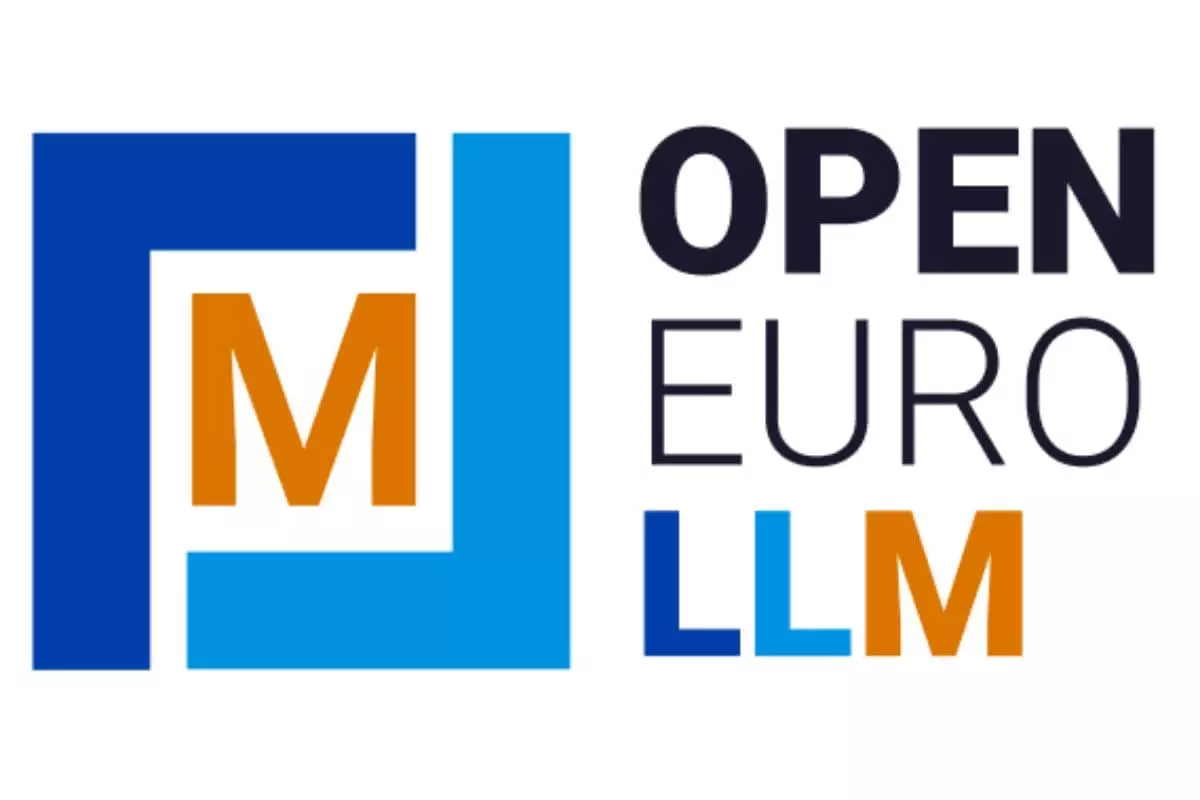On a significant note for the European Union’s technological landscape, the OpenEuroLLM Project has been unveiled as a new initiative dedicated to the advancement of open-source artificial intelligence (AI) models. Announced on a recent Monday, this project has garnered the attention and support of the European Commission, which has recognized it as a pivotal venture by awarding it the Strategic Technologies for Europe Platform (STEP) Seal. This endorsement not only emphasizes the project’s importance but also positions it as a front-runner in the development of multilingual large language models (LLMs) catering to the diverse linguistic landscape of the EU.
At the heart of the OpenEuroLLM Project lies a mission to create a series of sophisticated and efficient LLMs that can proficiently operate in all EU languages. This initiative is propelled by a consortium comprising 20 prominent research entities, corporations, and EuroHPC centres, all coordinated by Jan Hajič from Charles University in Czechia. With Peter Sarlin, Co-Founder and CVP at AMD Silo AI, serving as co-lead, the consortium is poised to leverage a wealth of expertise across the continent to achieve its objectives.
The project’s commitment to transparency and adherence to European regulatory frameworks is a notable aspect that distinguishes it from many AI projects globally. The team emphasizes a structured approach to data procurement, ensuring compliance with stringent EU policies while crafting these LLMs.
One of the most compelling promises of the OpenEuroLLM Project is its potential to democratize AI technology, allowing broader access to high-quality resources across various sectors. By releasing their models to the open-source community, the project intends to facilitate their use in commercial, industrial, and public service applications. This openness is designed to help European companies better compete on the international stage and empower public organizations to deliver impactful services that meet the needs of their communities.
Furthermore, the initiative pledges to release extensive documentation, along with training and testing code, once the models become available. This essential information will be invaluable for developers, enabling them to fine-tune and adapt the LLMs to suit specific industry requirements and public sector applications, fostering innovation across various fields.
Although the European Commission has already backed the OpenEuroLLM Project under the Digital Europe Programme, the precise timeline for the release of these models remains unclear. The anticipation surrounding this initiative has prompted expectations for further investment and interest in the coming weeks. However, as of now, the focus areas and specific functions of these language models are yet to be defined.
As the project unfolds, it stands as a testament to Europe’s dedication to advancing AI technology responsibly and collaboratively. With the commitment to transparency and stringent regulation, OpenEuroLLM could very well set a benchmark for the future of AI development in the region, inspiring similar initiatives around the world while addressing key challenges and opportunities in the pursuit of multilingual AI solutions.


Leave a Reply